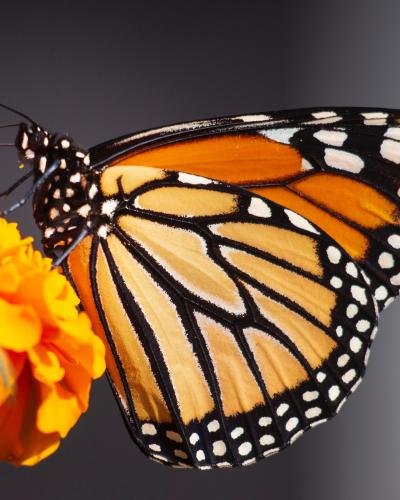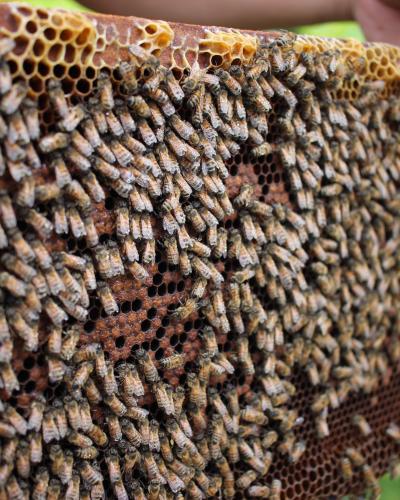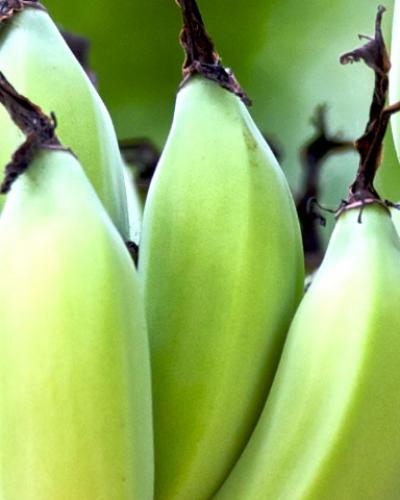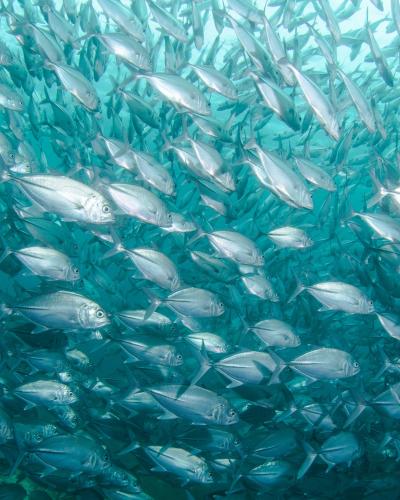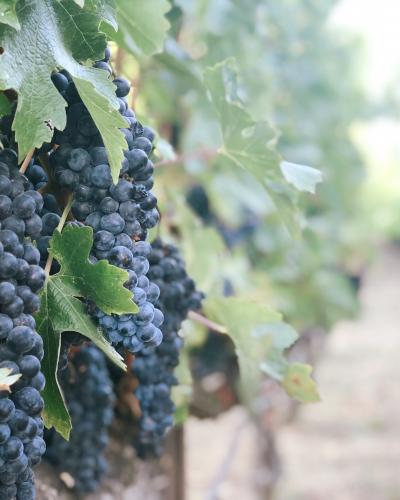A recent study published in the journal Frontiers in Ecology and Evolution has found pesticide contamination of milkweed, the host plant of monarchs, across multiple landscape types, exposing the...
Oct 26, 2020
Honey bee health is affected by a myriad of factors including the diversity and quality of food available to them, exposure to pesticides, and attacks by parasites and diseases. Genetic activity...
Aug 11, 2020
A new study found that eating an organic diet can dramatically reduce levels of glyphosate in consumers. Glyphosate use has skyrocketed in the past decade, and ...
Jul 13, 2020
Bananas are one of the most popular fruits imported from tropical regions across the world, and industrialized conventional monocultures of bananas are notorious for their extensive use of...
Apr 27, 2020
While the agricultural sector uses the majority of conventional pesticides, lawn and home garden care accounts for 24 percent of pesticide sales and 6 percent of overall...
Apr 13, 2020
Photo Credit: Kelly Sikkema
According to a new study in the journal Foods, conventional farmers are now using twice as much glyphosate spray as they did in the...
Dec 02, 2019
Photo Credit: Jean Wimmerlin
Neonicotinoids are neurotoxic pesticides commonly used in conventional agriculture since the early 1990s. They are now known to contribute to...
Sep 30, 2019
Photo Credit: Juan Encalada
A six-month diet interventional study recently published in the journal Environment International shows that eating mostly organic produce can...
Sep 23, 2019
Photo Credit: Alessandra Gaioni
Exposure to harsh pesticides like organophosphates is linked to symptoms of neurobehavioral issues in children. New research uses...
Aug 12, 2019
Photo Credit: Eva Fan
A recent study published in the journal Global Ecology and Conservation found that farmers are more likely to purchase less expensive pesticides, and...

